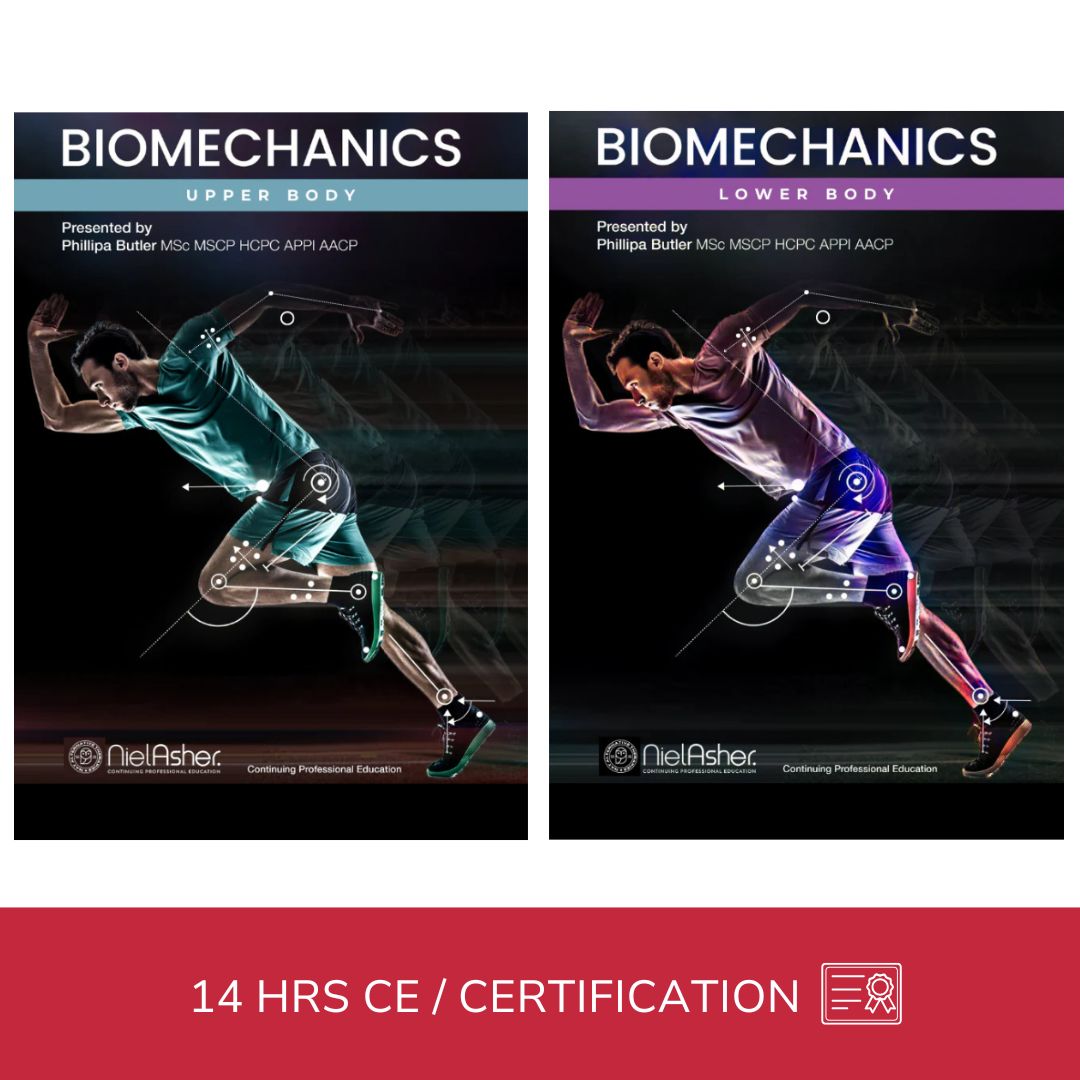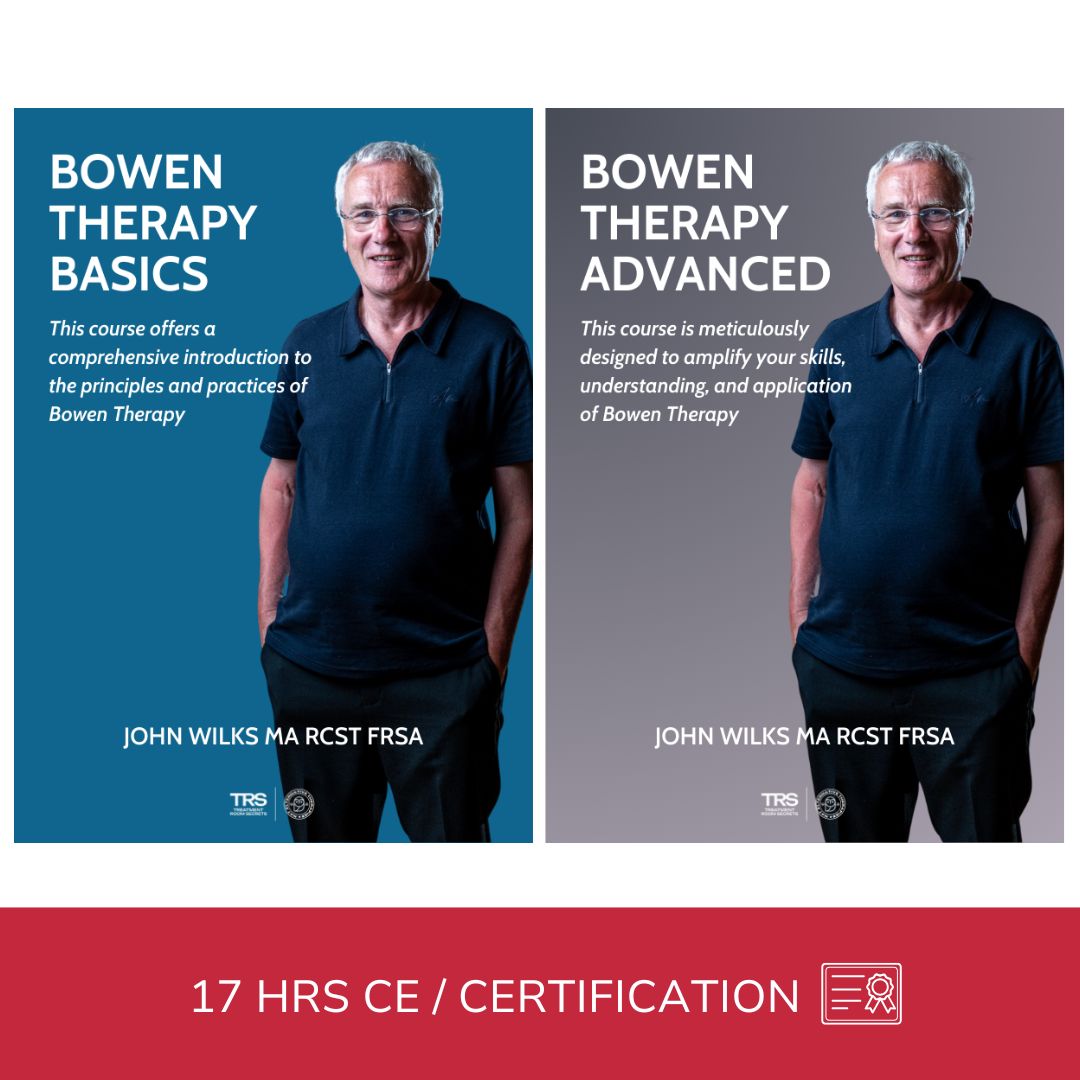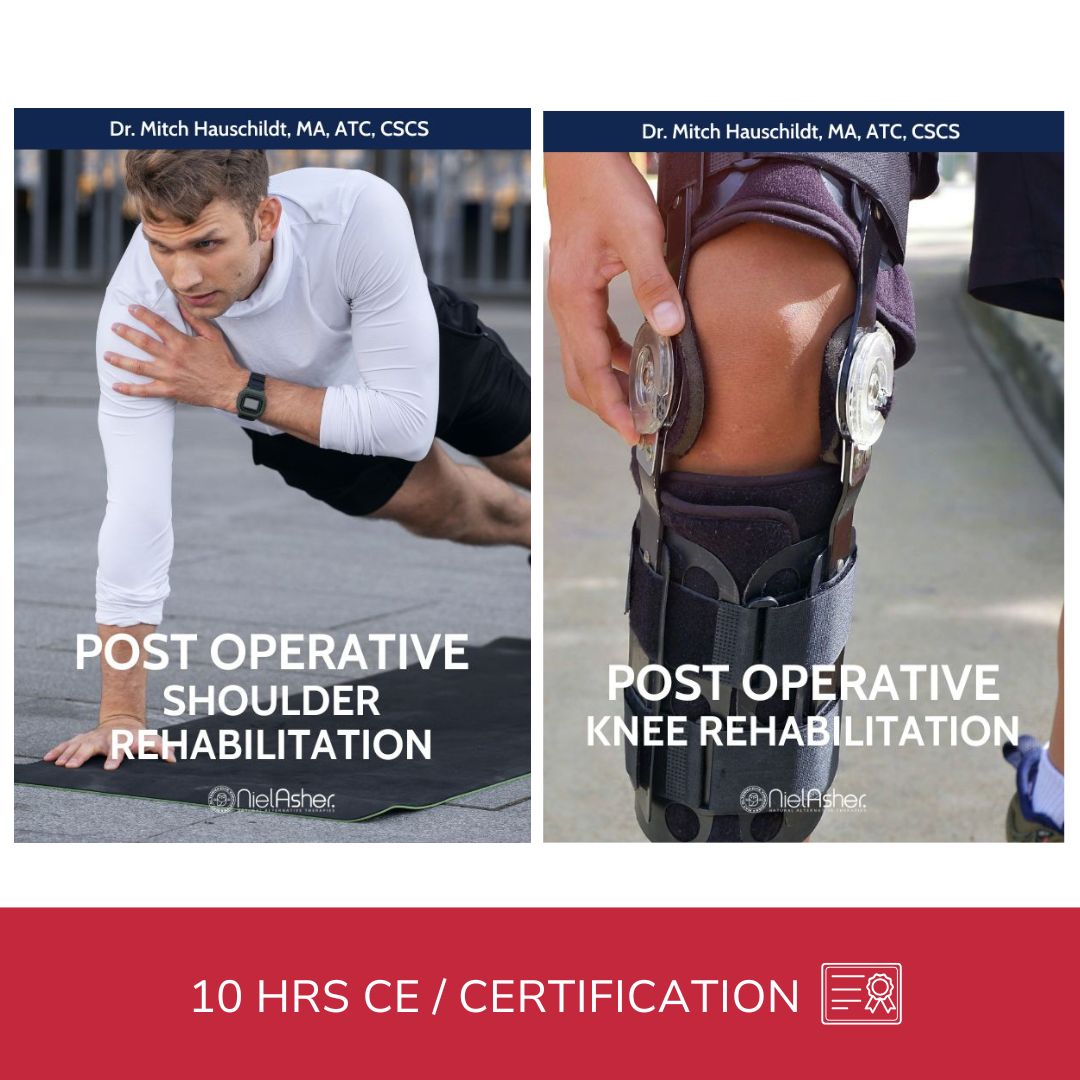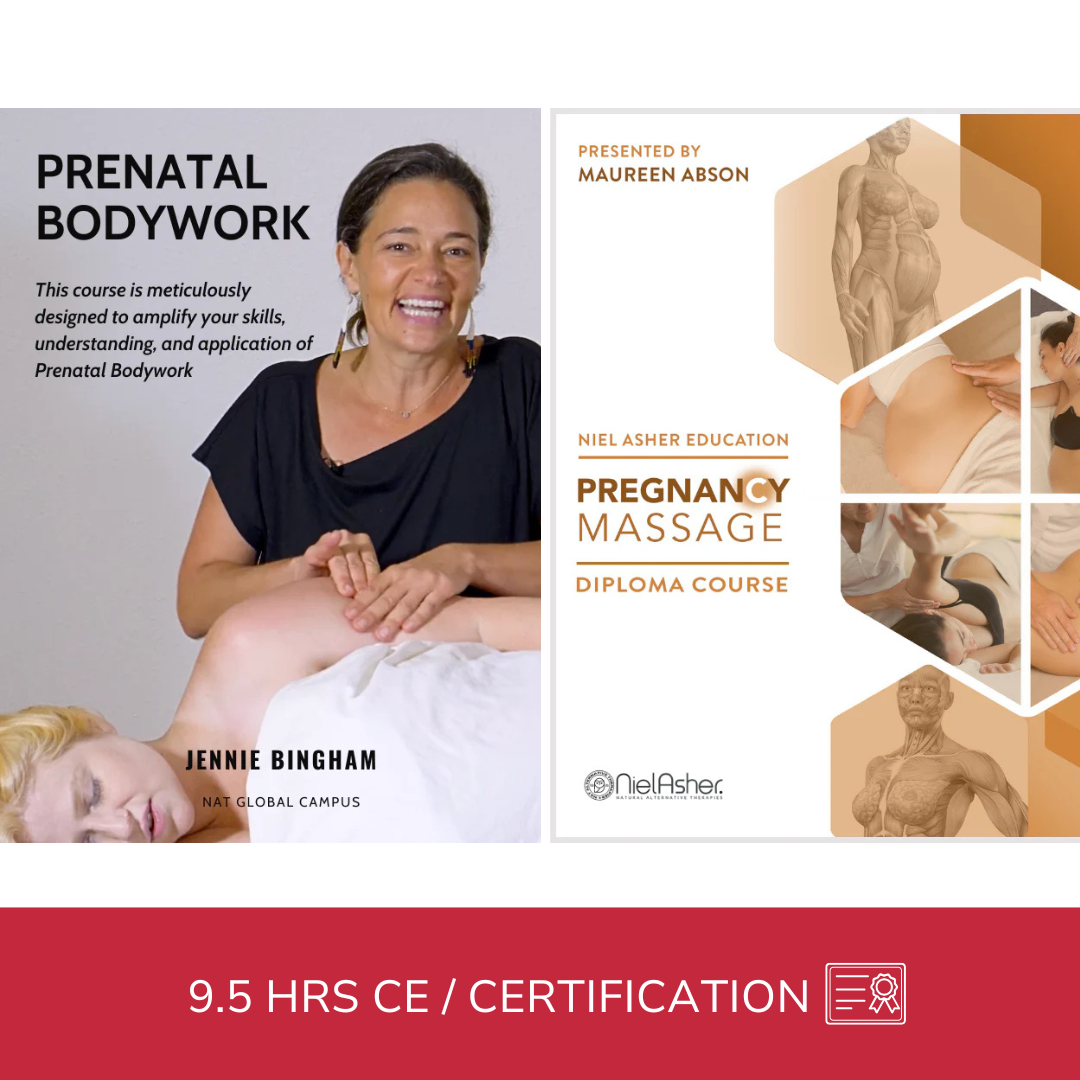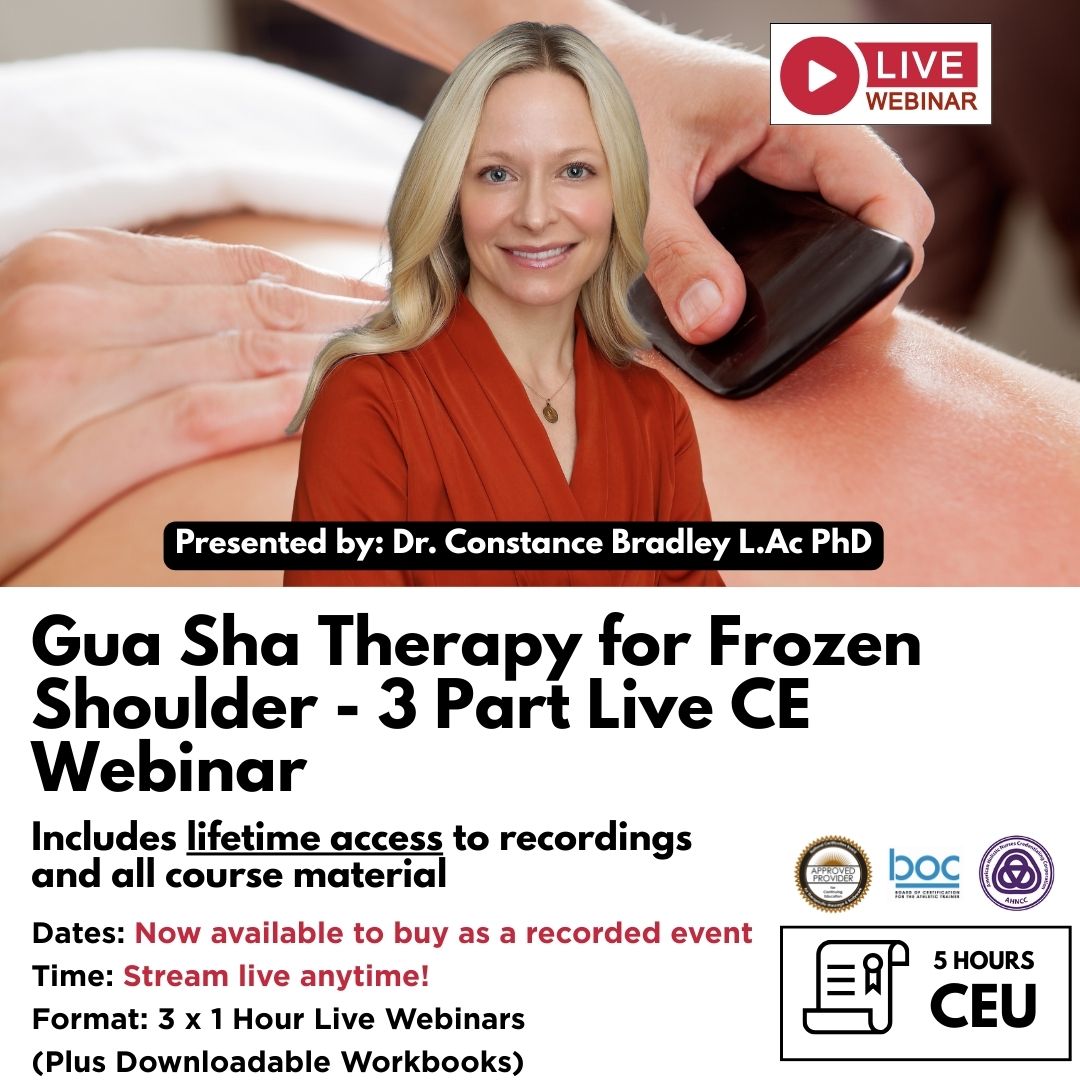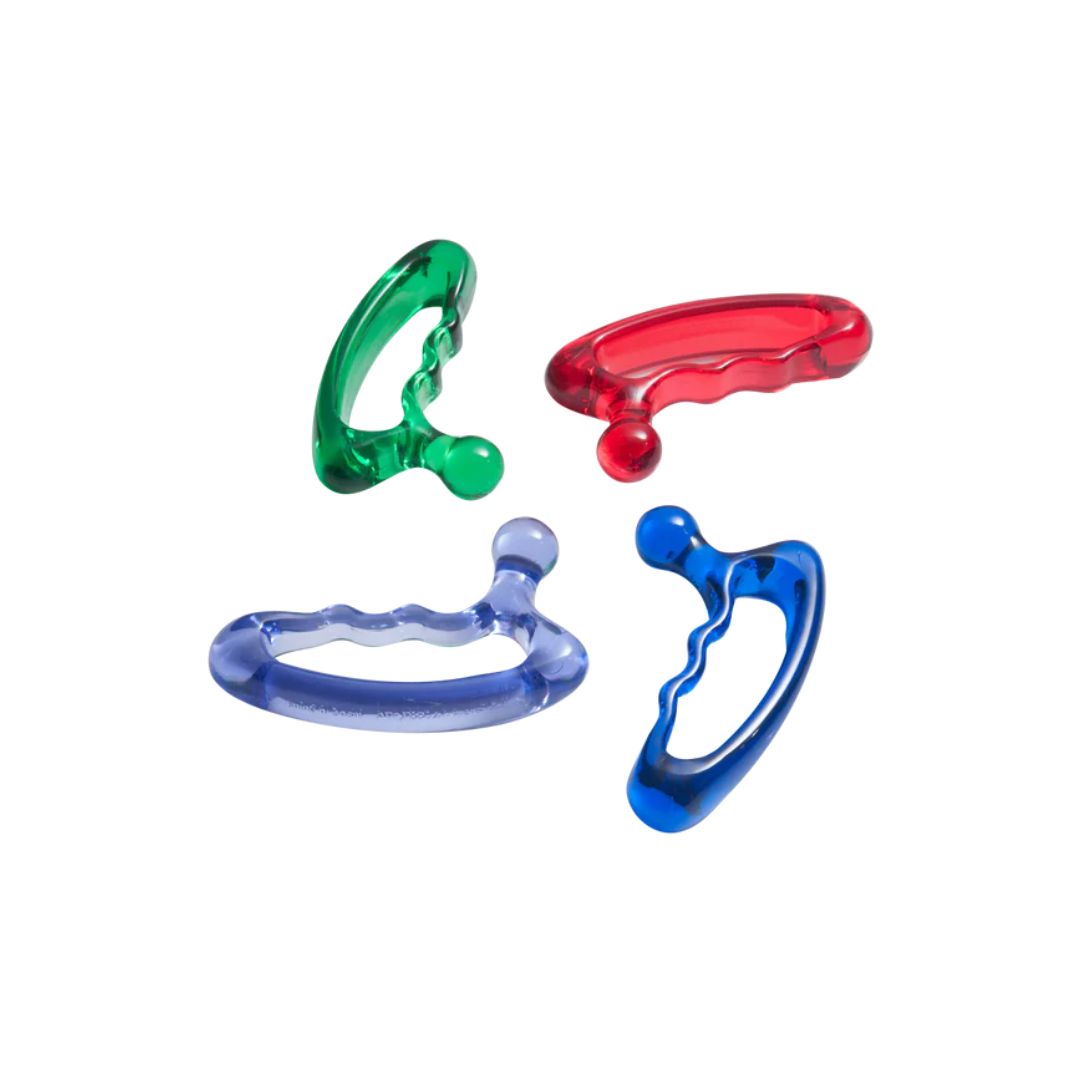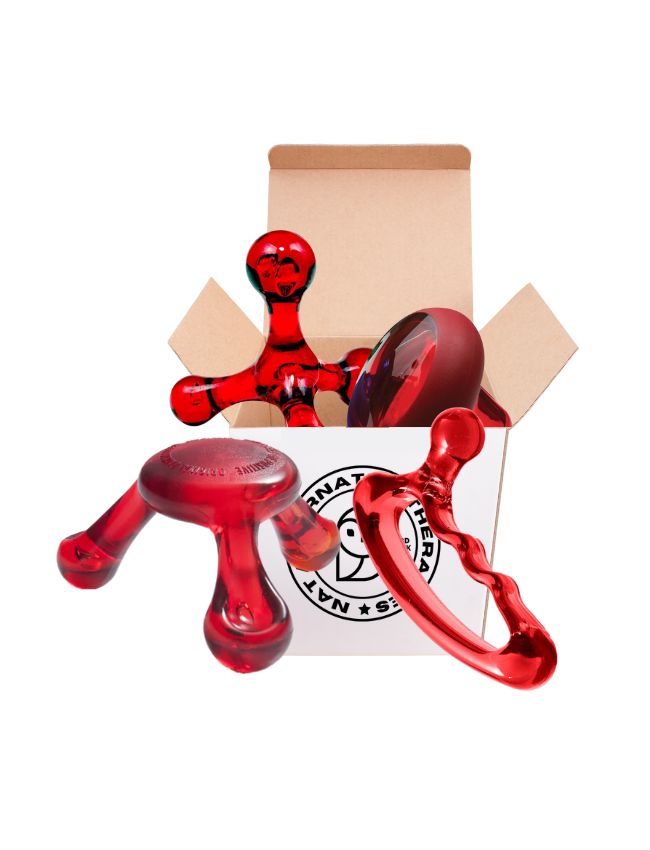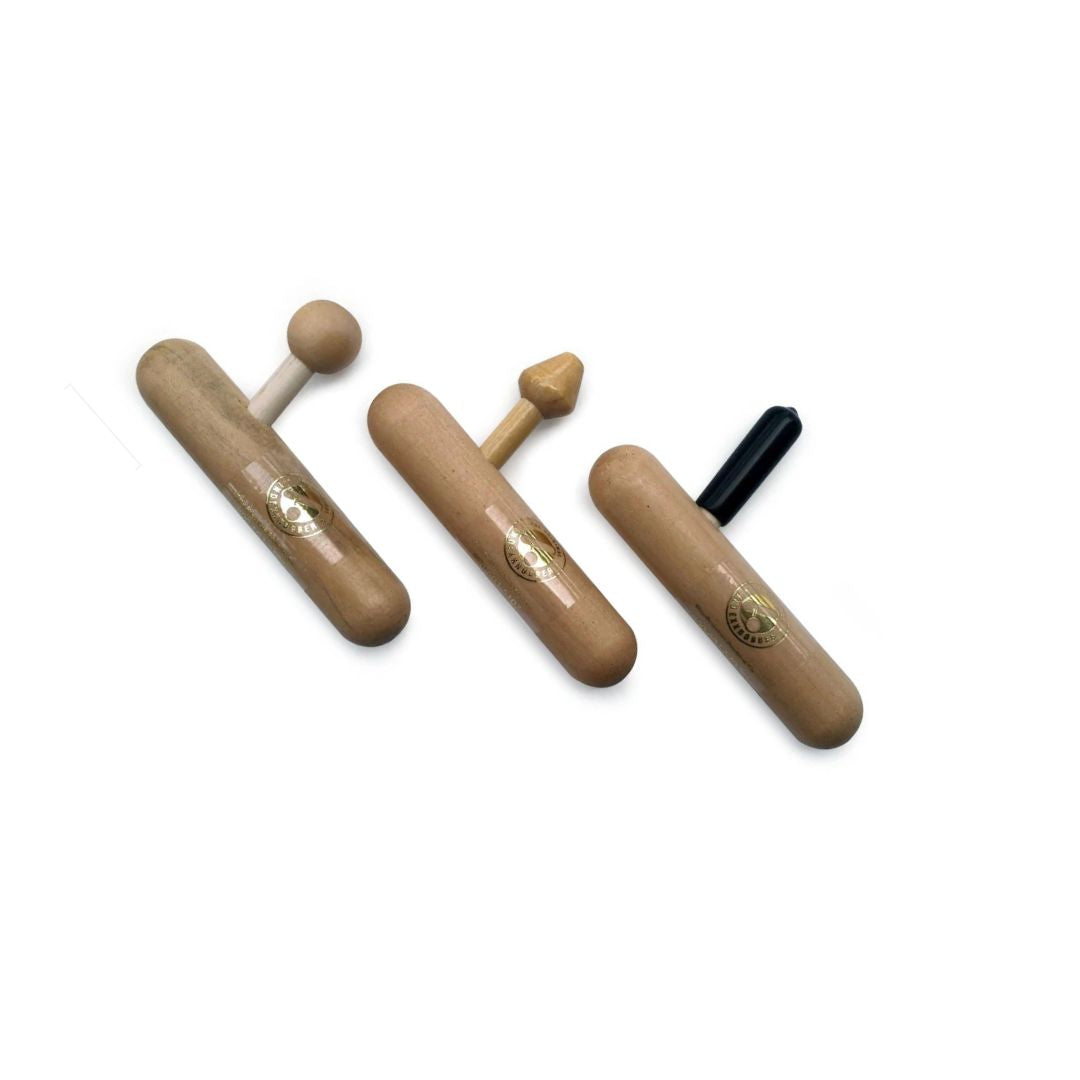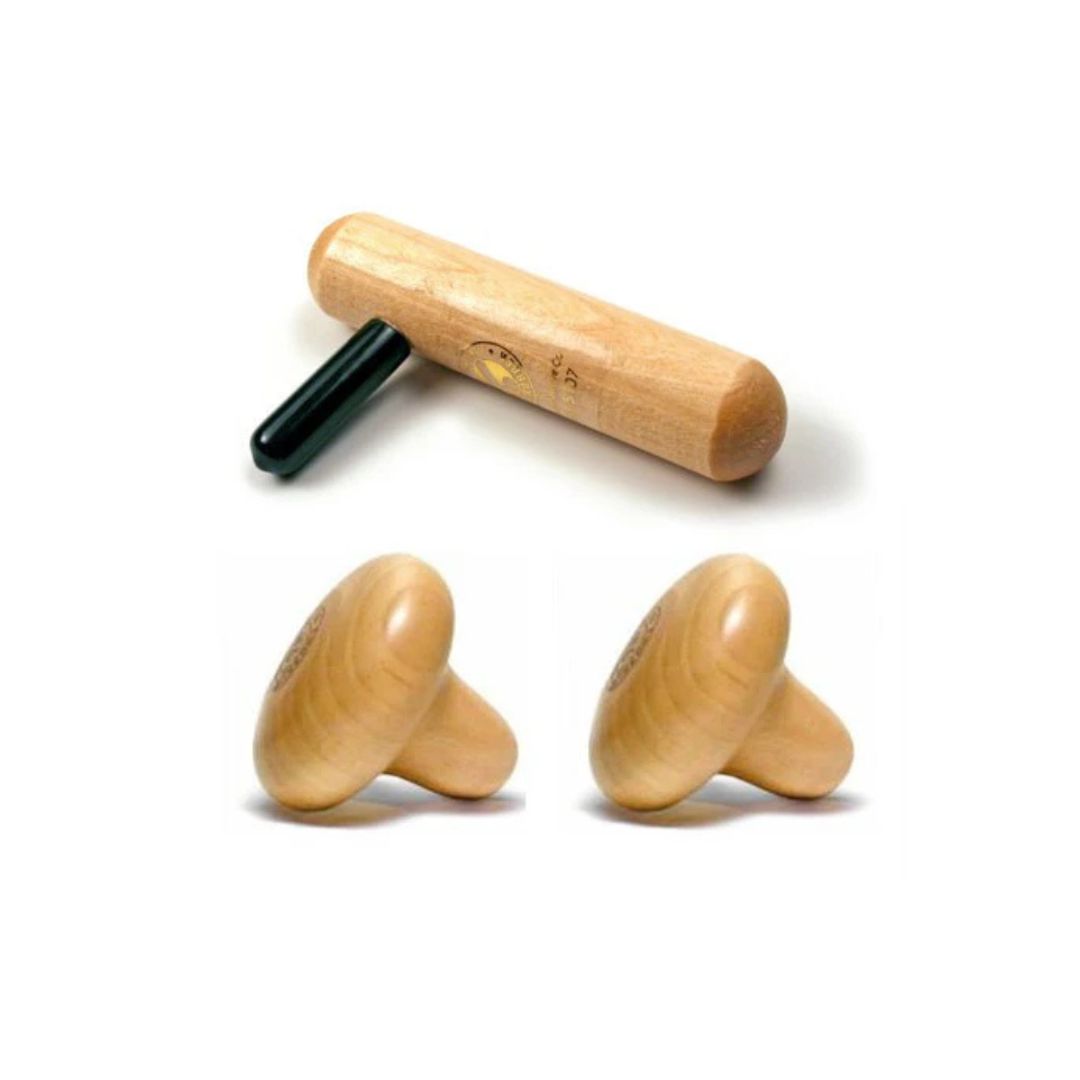Trigger Point Therapy - Patellofemoral Pain Syndrome (PFS)
Patellofemoral Pain Syndrome (PFPS) can refer to a number of injuries resulting from overuse, causing pain around the Knee Cap
PFPS is characterized by a group of symptoms that are easily diagnosed and often respond to simple management.
The common presentation is knee pain in association with positions of the knee that result in increased or misdirected mechanical forces between the kneecap and femur.
Ironically, as simple as its presentation is, there is still a lack of consensus on the fundamental factors associated with PFPS.
Accordingly, synonyms for the syndrome go in and out of fashion.
No agreement exists on the exact pathophysiology, but significant work is being completed on the extent and direction of the associated forces on the patella, trigger point activity, and on the tracking and alignment of the patella.
Common Causes
PFPS is most likely to occur when the hamstrings and quadriceps are too tight and inflexible. This leaves the patella unsupported creating pressure and causing it to move from its correct position.
It's also worth noting that these type of knee injuries can sometimes be related to tension or weakness in the hip (gluteus medius muscle).
Common Symptoms
Symptoms may be felt in one or both knees and whilst some clients will experience the pain as sudden and piercing, other will experience it as chronic and dull.
• Pain will centre around and behind the patella• Pain will be felt from kneeling, squatting or even getting up from a chair
• The knee can feel weak and feel and unbalanced
• Symptoms are often more pronounced when walking down hill or downstairs

Gluteus Medius - Self Massage with a Hard Ball
Who Is Prone to PFPS?
Women are more likely to get than men. This is due to their wider hips which cause a greater angling of the knee to the thighbone, creating increased stress on the knee cap.
Younger runners (teens) as well as those who run for recreational purposes tend to suffer most. But it's also pretty common especially amongst hikers, cyclists. and even office workers who sit for long periods can develop this condition.
A recent report in the USA estimated a PFPS prevalence rate of 20% in student populations.
Interestingly around 40% of professional cyclists will develop a form of PFS each year, and we've certainly seen an increase in the number of amateur and leisure cyclists who we treat for knee problems.
What else could It be?
Here is a list of other conditions which can mimic PFS:
• Medial or Lateral meniscal cartilage tear• Stress Reaction or Stress Fracture of the Patella (Knee Cap)
• Contusion of cartilage or bone
• Referred pain from lumbar spine L4/5 nerve root
• Quadriceps tendinopathy
• Patellar tendon tendinopathy
• Painful plica
• Pes anserinus bursitis
• Pes anserinus tendinopathy
• Biceps femoris tendinopathy
• Lateral patellar compression syndrome
• Stress reaction or stress fracture of femur, tibia or proximal fibula
• Proximal tibial-fibular joint sprain

Quadriceps Stretch - Can Help Dissipate Trigger Points
Trigger Point Therapy
Common knee injuries including PFPS are often associated with trigger points in the gluteus minimus, medius, maximus, quadriceps and sartorius muscles.
Most commonly overlooked are trigger points in popliteus and the patellar ligament (see video above).
There are a number of well documented treatment protocols for PFPS which include trigger point therapy, stretching, strengthening, and taping.
Links
Find a Trigger Point Professional in your area
More Articles About Trigger Points
Dry Needling for Trigger Points
Certify as a Trigger Point Therapist
About NAT Courses
As a manual therapist or exercise professional, there is only one way to expand your business - education!
Learning more skills increases the services that you offer and provides more opportunity for specialization.
Every NAT course is designed to build on what you already know, to empower you to treat more clients and grow your practice, with a minimal investment in time and money.
Help Desk
About Niel Asher Education
Niel Asher Education is a leading provider of distance learning and continued education courses.
Established in the United Kingdom in 1999, we provide course and distance learning material for therapists and other healthcare professionals in over 40 countries.
Our courses are accredited by over 90 professional associations and national accreditation institutions including the National Academy of Sports Medicine (NASM) and National Certification Board for Therapeutic Massage and Bodywork (NCBTMB). Full details of all international course accreditations can be found on our website.
Printed course materials and other products offered on our websites are despatched worldwide from our 3 locations in the UK (London), USA (Pennsylvania) and Australia (Melbourne).
More About Us
NAMTPT AWARD 2017
We are honored to have received the 2017 "Excellence in Education" Award from the National Association of Myofascial Trigger Point Therapists.
Since 1999 Niel Asher Education has won numerous awards for education and in particular for education and services provided in the field of trigger point therapy.
Read Full Article
Award Winning Instructors
Niel Asher Healthcare course instructors have won a host of prestigious awards including 2 lifetime achievement honorees - Stuart Hinds, Lifetime Achievement Honoree, AAMT, 2015, and Dr. Jonathan Kuttner, MD, Lifetime Achievement Honoree, NAMTPT, 2014.
Meet the Instructors
Accreditation

If you are a qualified/licensed manual therapist or exercise/fitness professional you can expand your credentials with NAT certification.
In addition to national accreditation for continued education, each course that we offer includes "NAT Learning Credits". By taking and completing courses you can accumulate NAT credits to qualify for NAT certification.
There are currently 3 levels of NAT certification. Certifying NAT is a valuable way to show your clients that you take continued education seriously, and to promote your skills and qualifications.
Most of our courses are accredited for CE/CPD/CPE. A full list of CE accreditations can be found by clicking on the link below.
About NAT Certification
Niel Asher Technique
Since 1999 the Niel Asher Technique for treating trigger points has been adopted by over 100,000 therapists worldwide, and has been applied to the treatment of a number of common musculoskeletal injuries.
The Niel Asher Technique for treating frozen shoulder was first introduced and published in 1997 and has been widely adopted by therapists and exercise professionals working within elite sports and athletics.
Read More
International Students
Most of our courses are available as either "Printed" or 'Download" editions, wherever you live. Internet connection is required to access online and downloadable material.
When you purchase a download edition, you receive immediate lifetime access to all course material. Course texts can be downloaded and printed if required.
When you purchase a "Printed" edition, you will also receive free access to the download edition.
We ship Worldwide from locations in the USA, UK, and Australia. Most items are despatched within 24 hours and shipping is FREE for all orders over US$50.
Shipping
Where to Start?
We offer a range of over 50 courses, presented by some of the worlds leading manual therapists. All courses are reviewed annually, and new courses are regularly added.
Our courses are modular, and designed to build on what you already know. For more information, please visit our "Where to Start?" page.
Start Here
This trigger point therapy blog is intended to be used for information purposes only and is not intended to be used for medical diagnosis or treatment or to substitute for a medical diagnosis and/or treatment rendered or prescribed by a physician or competent healthcare professional. This information is designed as educational material, but should not be taken as a recommendation for treatment of any particular person or patient. Always consult your physician if you think you need treatment or if you feel unwell.
About Niel Asher Education
Niel Asher Education (NAT Global Campus) is a globally recognised provider of high-quality professional learning for hands-on health and movement practitioners. Through an extensive catalogue of expert-led online courses, NAT delivers continuing education for massage therapists, supporting both newly qualified and highly experienced professionals with practical, clinically relevant training designed for real-world practice.
Beyond massage therapy, Niel Asher Education offers comprehensive continuing education for physical therapists, continuing education for athletic trainers, continuing education for chiropractors, and continuing education for rehabilitation professionals working across a wide range of clinical, sports, and wellness environments. Courses span manual therapy, movement, rehabilitation, pain management, integrative therapies, and practitioner self-care, with content presented by respected educators and clinicians from around the world.
Known for its high production values and practitioner-focused approach, Niel Asher Education emphasises clarity, practical application, and professional integrity. Its online learning model allows practitioners to study at their own pace while earning recognised certificates and maintaining ongoing professional development requirements, making continuing education accessible regardless of location or schedule.
Through partnerships with leading educational platforms and organisations worldwide, Niel Asher Education continues to expand access to trusted, high-quality continuing education for massage therapists, continuing education for physical therapists, continuing education for athletic trainers, continuing education for chiropractors, and continuing education for rehabilitation professionals, supporting lifelong learning and professional excellence across the global therapy community.
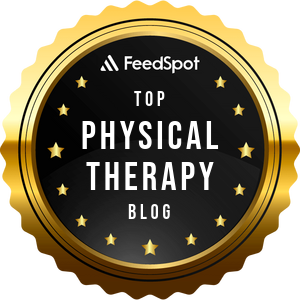
Continuing Professional Education
Looking for Massage Therapy CEUs, PT and ATC continuing education, chiropractic CE, or advanced manual therapy training? Explore our evidence-based online courses designed for hands-on professionals.


